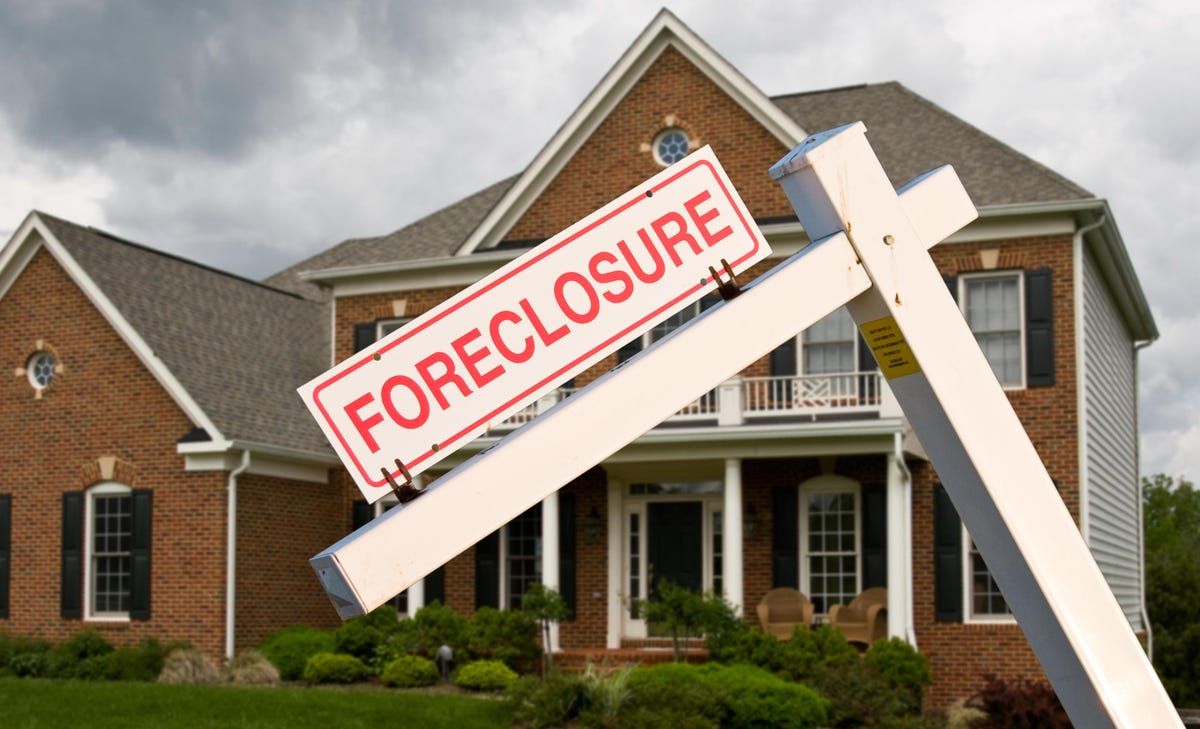A Guide for Avoiding Foreclosure

Sometimes, homeowners can get into financial trouble by circumstances beyond their control. Job loss, divorce, medical bills, or the death of a family member are usually the culprits. While foreclosure seems to loom over an already bad situation, it does not have to get to that point!
Here are some tips that can help keep foreclosure proceedings at bay:
-
Contact the lender before the first late mortgage payment, especially if there is equity in the home. Lenders normally do not begin the foreclosure process until payments are 120 days behind, so there is still time at this point.
-
The mortgage servicer can offer several options to avoid losing the home to foreclosure: refinance the mortgage, a loan modification, working out a repayment plan, or forbearance. Two procedures that will affect the borrower’s credit score are the short-sale of the property, or going through a “deed-in-lieu of foreclosure."
-
Selling expensive items--a boat that is only used a few times per year, for instance--can cut monthly expenses, and any proceeds can go towards the mortgage.
-
Keeping mortgage payments current is more important than paying credit card bills! Credit scores will be affected by late credit card payments, but a foreclosure will do far more damage.
-
Do not allow mail from the lender to go unopened if payments are currently behind. Mortgage lenders normally want to avoid foreclosing on the home as much as the homeowner.
-
Credit counseling can never begin too early, and the HUD website offers lists of local credit counselors. Find other helpful information through the National Foundation for Credit Counseling®.
-
Resist any quick-fix offers advertised on the internet, television commercials, and junk mail, or even from so-called investors. These “rescue mortgages” could be scams, and a home can be lost before foreclosure procedures can even begin.
-
When the house payment is simply no longer affordable, get advice from an attorney whose specialty is foreclosure, as most will do a one-time consult at no cost. Legal Aid can assist the borrower in finding a pro bono lawyer.
The best tip is to contact the lender as soon as finances become difficult to manage. Being proactive before the installments become overdue will allow more options to be available. A house is an important investment, and it is home. A homeowner should do all they can in order to keep it.
Courtesy of New Castle County DE Realtors Tucker Robbins and Carol Arnott Robbins.
Photo credit: Forbes





